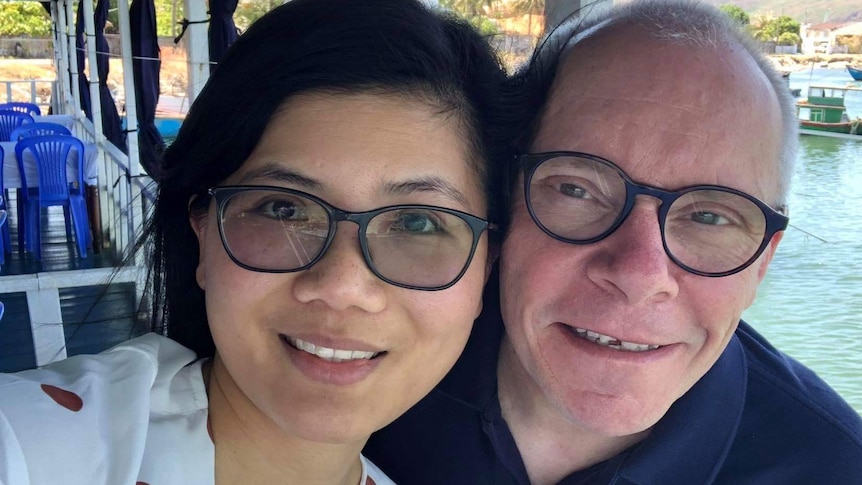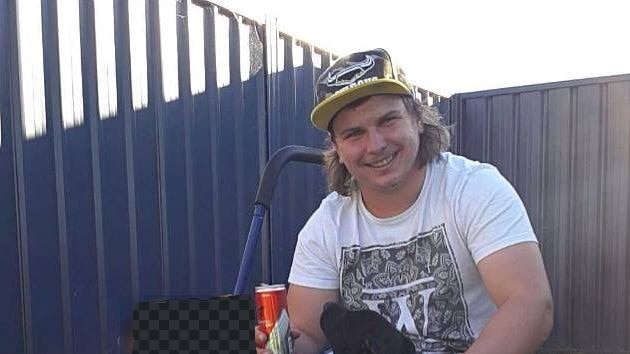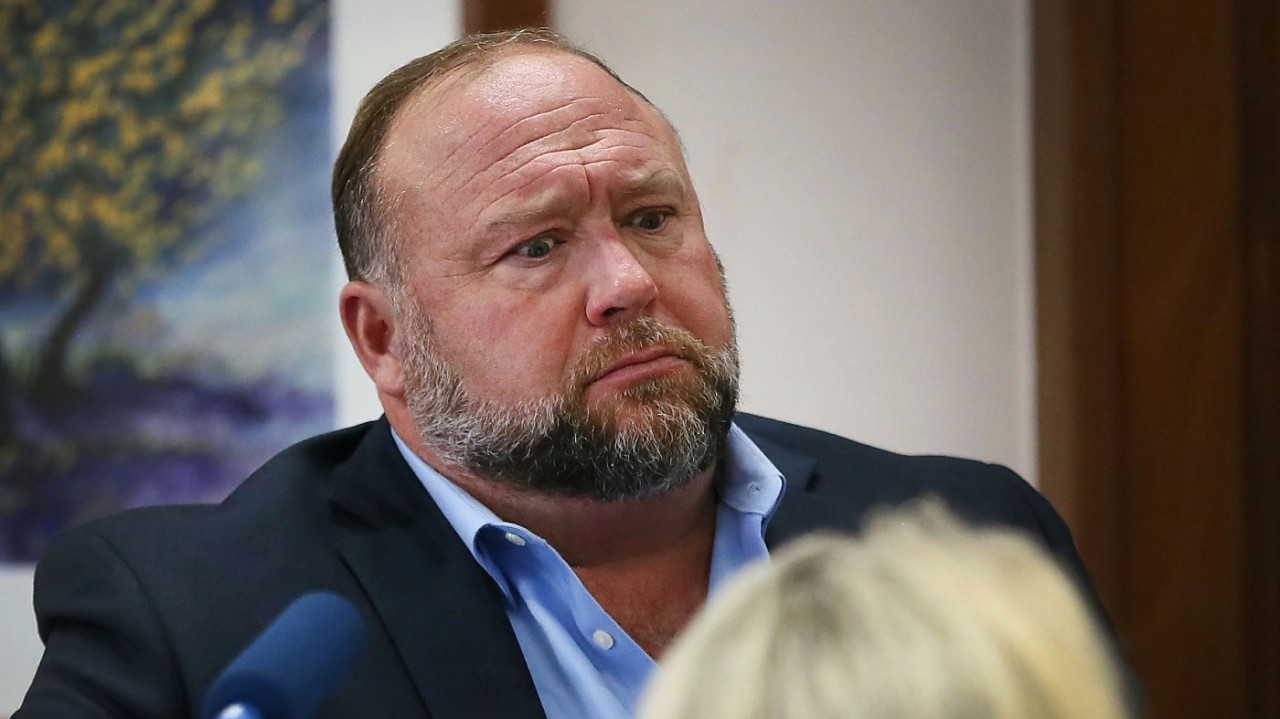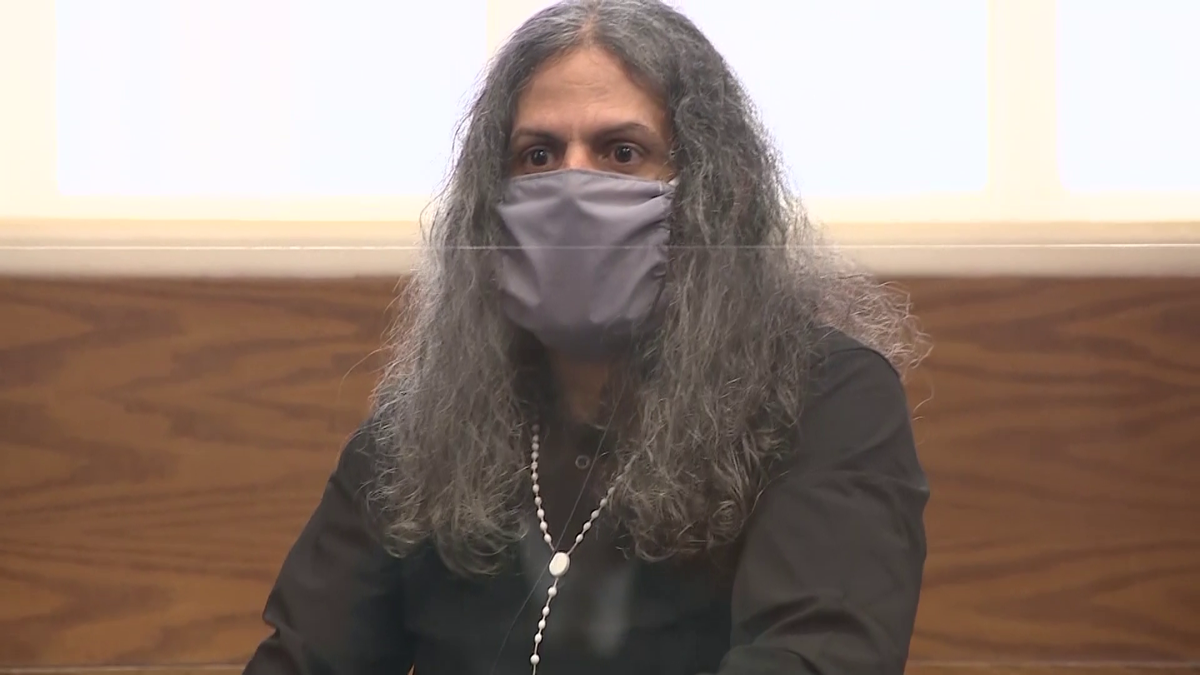An Australian academic who is being tried with ousted Myanmar leader Aung San Suu Kyi on charges of violating the country’s official secrets law has testified in court for the first time, a legal official says.
Key points:
- Professor Turnell denied the allegations against him and pleaded not guilty
- Professor Turnell’s lawyers have been barred from talking about the case
- All trials involving Ms Suu Kyi have been closed to the media and public
Sean Turnell, an economist at Sydney’s Macquarie University, had served as an adviser to Ms Suu Kyi, who was arrested when her elected government was usted by the army on February 1 last year.
He was arrested five days later and faces up to five years’ imprisonment.
Professor Turnell is now being held in the main prison in Naypyitaw, the capital, as is Ms Suu Kyi.
Three of Ms Suu Kyi’s former cabinet members are being tried with them in a special court at the prison.
A legal official familiar with Thursday’s proceedings said Professor Turnell denied the allegations against him and pleaded not guilty in his first court appearance, but details of his testimony are limited.
Professor Turnell’s lawyers have been barred from talking about the case, while all trials involving Ms Suu Kyi have been closed to the media and public.
The legal official, who spoke on condition of anonymity because he is not authorized to release information, said Professor Turnell and his co-defendants appeared to be in good health.
The exact details of the alleged offense in the case have not been made public, though Myanmar state television, citing government statements, said last year that Professor Turnell had access to “secret state financial information” and had tried to flee the country.
‘Trumped-up charges’
Friend and fellow economist Tim Harcourt told the ABC the opaque legal process was concerning.
“Let’s face it, it’s trumped-up charges by an authoritarian regime that wants to use Sean to discredit Aung San Suu Kyi. That’s what it’s all about,” he said.
“He’s pleaded not guilty because he’s not guilty.
“All he did was advise the Myanmar government on things they should do with their economy … providing good advice to improve the living standards of ordinary citizens.”
He said the advice from the previous Australian government was to take a “softly, softly” approach.
“But quite clearly, it hasn’t worked. It’s been 18 months now,” he said.
“The fact you can have such an authoritarian, murderous regime doing what it’s doing, and Australia hasn’t considered sanctions, is pretty surprising.
“Particularly given how quickly people acted with respect to Vladimir Putin with Ukraine, which was correct, they’ve sort of let Myanmar drift off.”
He said Foreign Minister Penny Wong had been more vocal about Professor Turnell’s case.
Defense Minister Richard Marles said he could not comment on the details of Australia’s consular access to Professor Turnell, but said the government was concerned about his situation.
“We are concerned about the level of access available to those providing consular services to Professor Turnell,” he said.
“Our most important engagement with Myanmar right now is around seeing a safe return of Professor Turnell to this country.
“And we will not rest until we have a situation where Professor Turnell is returned safely to Australia and safely to his country.”
Senator Wong has previously said sanctions are under active consideration and Professor Turnell is Australia’s top priority in Myanmar.
“Another question is, would sanctions make it worse for him or better for him? Does applying pressure put pressure on Myanmar or does it just anger them? So that’s a question for the judgment of the government,” Professor Harcourt said.
Professor Turnell is also being prosecuted under immigration law, which carries a punishment of six months to five years’ imprisonment. Prosecutions under immigration law are common for foreigners being held for other offences.
The judge adjourned Thursday’s proceedings until next week, when Ms Suu Kyi is to testify.
The case is one of many faced by Ms Suu Kyi and is widely seen as an effort to discredit her to prevent her return to politics.
The charges against her include corruption and election fraud. She has already been convicted of several minor offenses.
Last year’s military takeover sparked peaceful nationwide street protests that security forces quashed with lethal force, triggering armed resistance that some UN experts have characterized as civil war.
ABC/AP
.


















